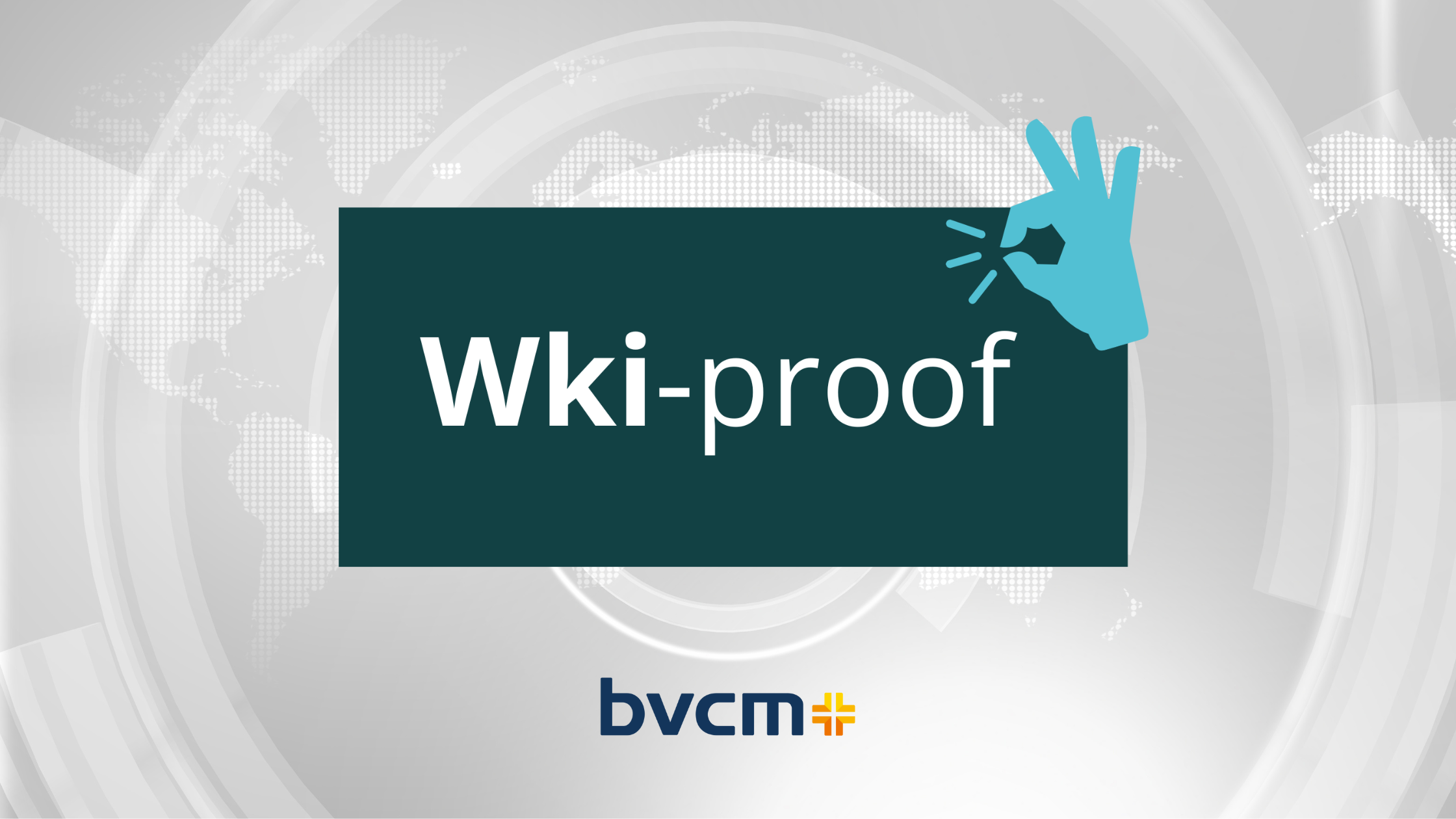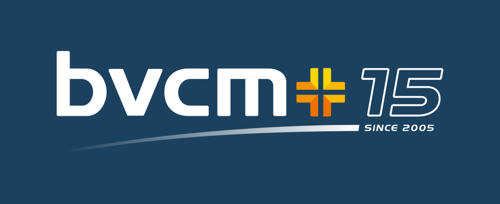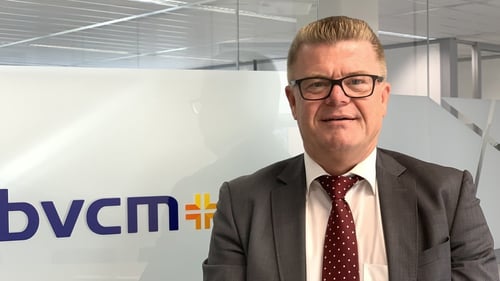The Wki (The Debt Collection Services Quality Act): A New Era in the Debt Collection Industry
With the enactment of the Debt Collection Services Quality Act (Wki) on April 1, 2024, the Dutch debt collection sector is undergoing a fundamental transformation. This law introduces strict rules and standards for debt collection agencies, bailiffs, and other parties involved in debt collection services, aiming to improve the quality of debt collection practices and strengthen debtor protection. This blog explores the main components of the Wki and its implications for the debt collection industry.
Background and Necessity of the Wki
The introduction of the Wki stems from growing concerns about the practices of some debt collection agencies, which are increasingly considered aggressive and non-transparent. These methods can exacerbate the financial problems of debtors, without offering an effective solution for the underlying debt issues. The law seeks to balance the interests of creditors and the rights of debtors by promoting a fair, transparent, and respectful collection process.
Key Points of the Wki
- Licensing Requirement: One of the most significant changes is the introduction of a licensing requirement for debt collection agencies. These agencies must meet strict conditions regarding transparency, expertise, and reliability to obtain a license from the Financial Markets Authority (AFM).
- Transparency Requirements: The Wki sets high standards for the transparency of debt collection procedures. Debt collection agencies are required to provide clear information about the debt, additional costs, and the collection process. This helps debtors gain a more in-depth understanding of their situation and promotes communication between all parties.
- Debtor Protection: The law strengthens debtor protection by setting a maximum amount for collection costs and prohibiting certain practices considered unlawful or unfair.
- Supervision and Enforcement: Justis is tasked with overseeing compliance with the Wki and can impose sanctions on debt collection agencies that violate the rules.
Calculating Collection Costs
The Debt Collection Costs Act (WIK) specifies how much you may charge in addition to the invoice amount if the debtor is a consumer (natural person). According to the Wki, every debt collection organization must adhere to the following guidelines:
- Calculating limited collection costs for recurring billing, for installment payments not higher than €266.67.
- Maximum amount of collection costs per six months: €140.00 (€40.00 + 5x €20.00).
- The period in which 15% of the collection costs is calculated based on the Bki also counts in the six-month look-back period.
BVCM: An Example of Wki Compliance
As a member of the NVI (Dutch Association of Debt Collection Agencies) and holder of the Incasso Keurmerk (Debt Collection Quality Mark), BVCM and other NVI members are at the forefront of these developments. The current NVI member criteria even exceed the initial requirements of the Wki, meaning that BVCM fully complies with this new regulation, thus being Wki-proof.
Impact on the Debt Collection Sector
The implementation of the Wki is expected to have a positive impact on the debt collection industry, by promoting more ethical and effective collection practices. It will professionalize the industry as a whole and increase the trust of both creditors and debtors in the collection process.
Conclusion
The Debt Collection Services Quality Act is a crucial step forward in protecting debtors and promoting a fair debt collection policy in the Netherlands. With the implementation of this law on April 1, 2024, the debt collection sector will enter a new era characterized by higher quality standards, which BVCM warmly welcomes.


